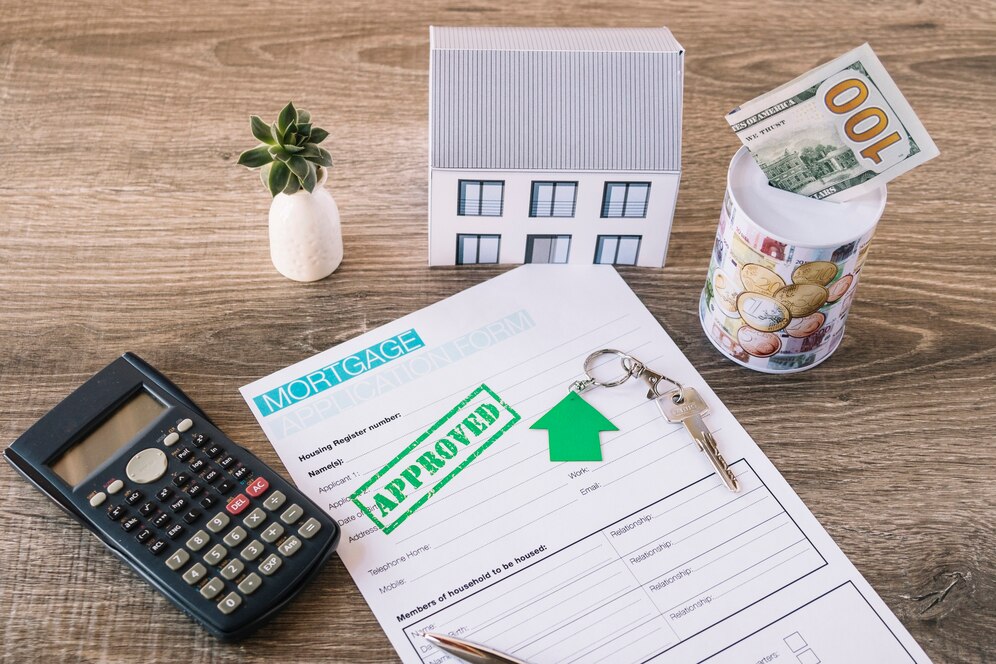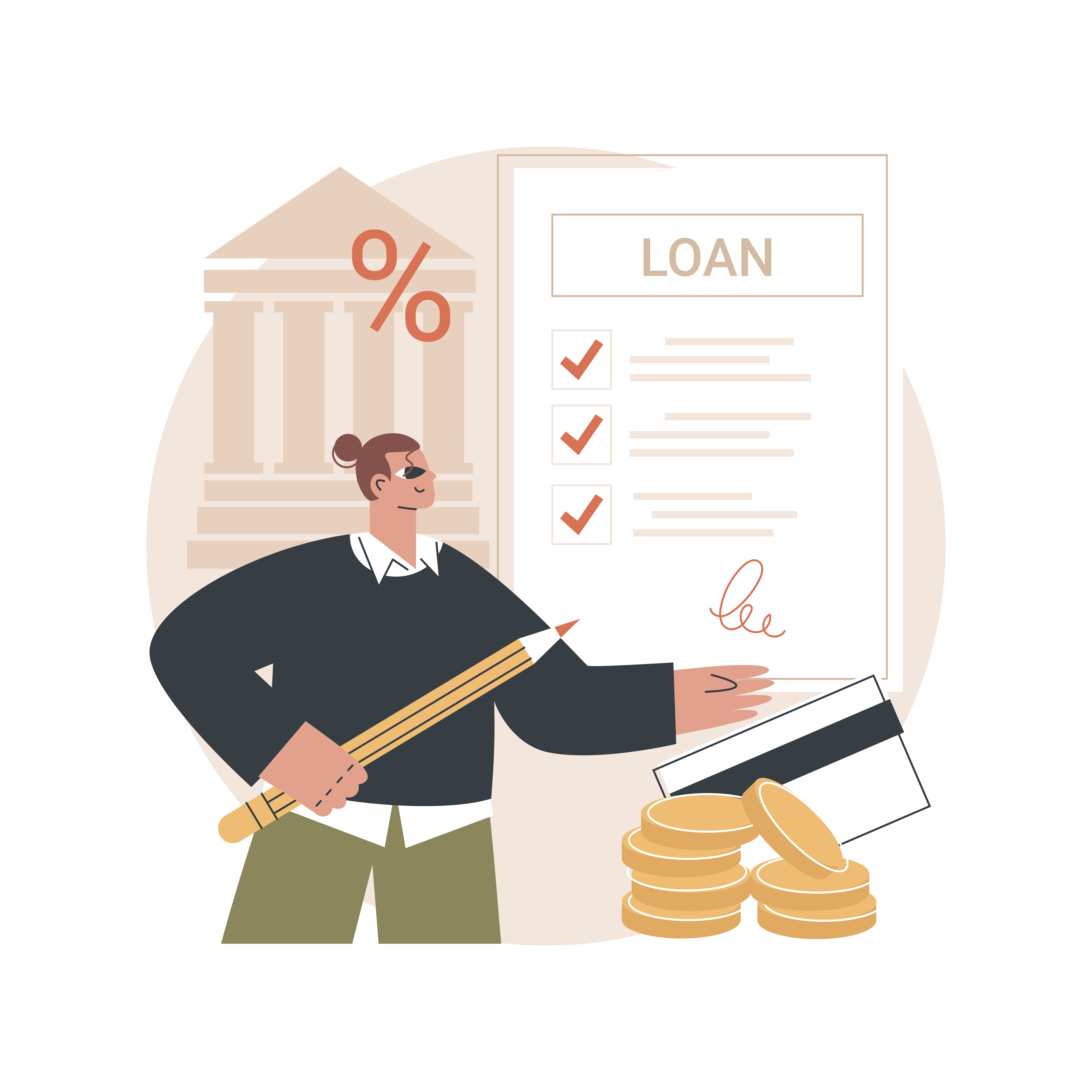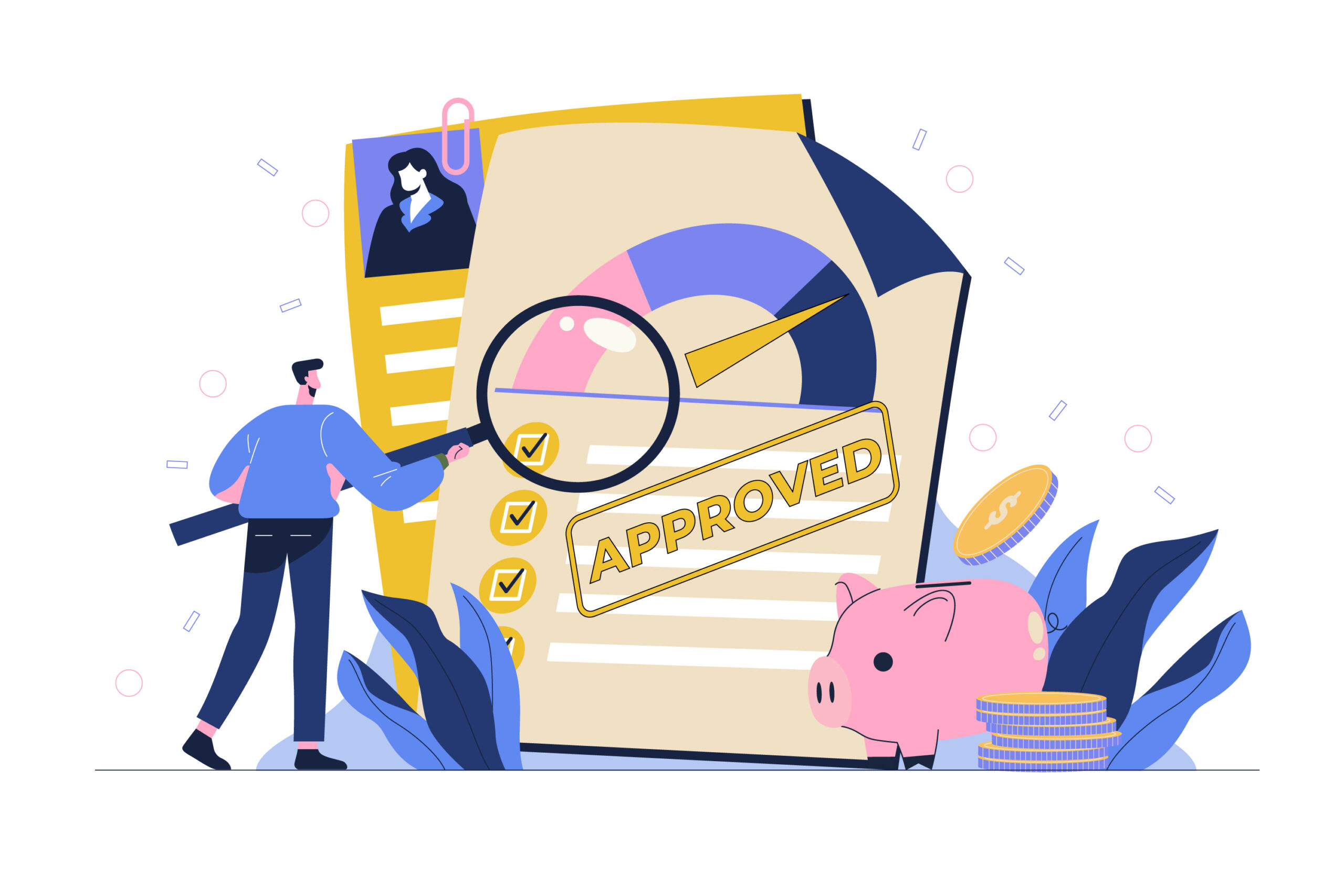Table of Contents
ToggleJust closed on your dream home with an FHA loan? Congratulations!
Owning a home is a big accomplishment, but there may be one term you’ve encountered that isn’t as exciting: PMI, or Private Mortgage Insurance.
One of the most exciting moments in people’s lives is being a homeowner, and along with it comes a rather unwelcome companion named PMI-Private Mortgage Insurance. The name might sound pretty scary, but it is not as complex as it sounds.
So, here in this blog, we will explain to you what PMI is and how it influences your FHA loan. We will also tell you some smart strategies to deal with this nuisance. Welcome, new homeowner; it’s time to explore the fantastic world of PMI!
What is PMI and Why Does it Apply to FHA Loans?
PMI stands for Private Mortgage Insurance. It is an extra amount that is made monthly on a mortgage made by people who develop FHA loans to obtain a home as financing when they contribute less than 20% of the market price of the house. It guarantees that if you are unable to pay the money borrowed to the lender in full – your mortgage, for instance – they are not likely to lose their money.
How Does PMI Affect Your Monthly Payment?
The amount one will be required to pay for PMI varies, and it depends on things like the size of the loan, the down payment that a client is willing to reach, and their credit standing. Typically, the lower the down payment, the greater your PMI will be.
For instance, in the case of buying a house with FHA loan– putting down 10% of the value of the house when receiving an FHA loan, your PMI could be anywhere from 0. 5% to 1% of the original loan amount annually broken down into monthly payments. This is pretty much equivalent to an extra amount tacked onto your required monthly mortgage payment.
Strategies for Managing PMI
While PMI can feel like an extra burden, there are ways to manage it effectively:
- Make a Larger Down Payment: However, it is better to make a much higher down payment of at least 20 percent or even more of the price of the house. This does away with PMI, thus reducing the expenses you have to make in the long run.
- Consider an FHA Streamline Refinance Loan: It is possible to apply for the FHA Streamline Refinance after any homeowner has a home equity of at least 20% or even more. This allows one to refinance the existing FHA loan with a conventional loan and exit, and you do not need a new appraisal for this one; plus, you can also shed PMI if there is sufficient equity.
- Stay on Top of Your Mortgage Payments: On-time mortgage payment also helps a lot in proving that you are responsible when it comes to your financial obligations, and you can even push for your lender to waive off the PMI after two years’ completion.
- Improve Your Credit Score: You can get a PMI, which is lower if your credit score is good or above 680, as is the norm. Make an effort to meet payment deadlines on all credit and debit cards, keep credit card utilization low, and refrain from applying for more credit than necessary.
Important Considerations
Don’t Cancel PMI Prematurely: If the value of your home rises to 20% of the original loan amount, some of the lenders may insist that the private mortgage insurance remains till some years of the loan are complete, usually two years.
Check Your Loan Terms: This will be stated in your loan papers on your particular type of PMI cancellation policy. The clauses of some of the loan providers may provide for the option of PMI only being dropped when the loan-to-value ratio is below 80 percent, while in others, you have to request to drop PMI.
Factor in PMI Costs: When planning on the amount of money to be paid for an FHA loan, one needs to include the cost to be paid for the PMI to meet the total cost of the loan.
Understanding the Benefits of PMI
Even while PMI increases your monthly payment, there are several benefits:
Lower Down Payment Requirement: This makes the homeownership dream a reality for many people who probably cannot afford to make a 20% down payment.
Security for Lenders: This is because PMI encourages lenders to provide FHA loans to lower down payments, enlarging overall homeownership accessibility.
PMI and Your FHA Loan Journey
This way, understanding PMI helps in making informed decisions about buying a home with FHA loan. Although it increases your monthly installments, it is a beneficial instrument that helps with the purchase of a house. It is always important to understand that you can reduce the effects of PMI and that you can do things such as making a larger down payment or enhancing your credit score rating to lessen the odds of having to pay PMI. Just bear in mind that PMI may only be required for a short time, and with good money management skills, you can, at some point, eliminate it. Get a whole new perspective on PMI, and we can guide you through the best strategies for managing loans. Get in touch with our experts now!
This process may have a few initial bumps, but with a strategic approach and proper understanding of your FHA loan and a well-controlled PMI – your home is within reach.





